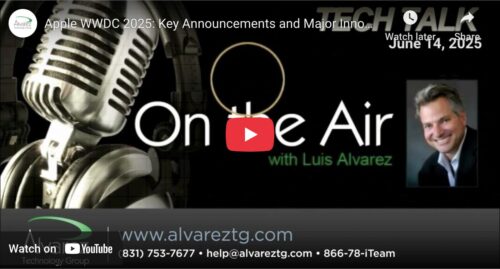When it comes to politics and the Internet, you frequently face the old “chicken or the egg” discussion when you argue the impact of one on the other. Of course, politics predates the Internet by thousands of years, but it isn’t the case that the Internet is just another medium for the message. Technology has always been an enabler for the political process since the early days of the printing press that let politicians express their views and opinions to the masses in their own words, to today in a world were instant communications are possible using twitter, facebook and Instagram.
Many people will tell you, though, that the Internet is different. It’s not just a faster way to do the same old thing. It is instead transforming politics, and not necessarily for the better. The ability of the Internet to allow instantaneous communications across the globe allows small groups and pockets of people who may be spread across the country to unite and have a voice that is bigger than they are. This aspect of the Internet caters to the extreme elements of all political parties, allowing them to find kindred spirits who share their own views, which only emboldens them to share their views even more forcefully. It also, however, creates an echo-chamber effect, where these small factions can concentrate on the collective thoughts they share and ignore the rest of the world. That’s not healthy.
On the positive side, the Internet has created a sort of democratization of politics, where even the most naïve and uninformed voter has the ability to communicate their thoughts and beliefs, creating somewhat of a level playing field that is, quite frankly, confounding established politicians and political parties. One of the unfortunate effects of this, however, is that younger people in the U.S. are opting to shun conventional politics and instead focus on other causes, which is reflected in the fact that a plurality of voters, 46 percent, identify themselves as independent.
Politicians are still grappling with the use of technology as a new way to communicate with their constituents. While most of them use social media to communicate, they do so awkwardly, unaware that the Internet cannot be erased and a small mistake can be instantly magnified by the power of online communication. You can’t erase a bad tweet or facebook post. Conversely, some politicians, like the Obama team in the last two national elections, understand that the Internet is a powerful tool for microtargeting, a way to deliver a specific message to a small group of people to influence their decisions. They used analytics in a way no other election team had ever done to excite their voters and ensure they voted on election day. In fact, some people have claimed that the analytics of national elections has gotten so good in dissecting poling data, that the results of a presidential election will be a forgone conclusion before the voters go to the polls. If true, that could fundamentally change future elections in ways we can’t fathom right now.
The bottom line is that the internet is not just another technological evolution, it’s not the latest version of the printing press. It’s a wholesale revolution in communications, and it’s effects on the political discourse in this country are yet to be fully realized.





